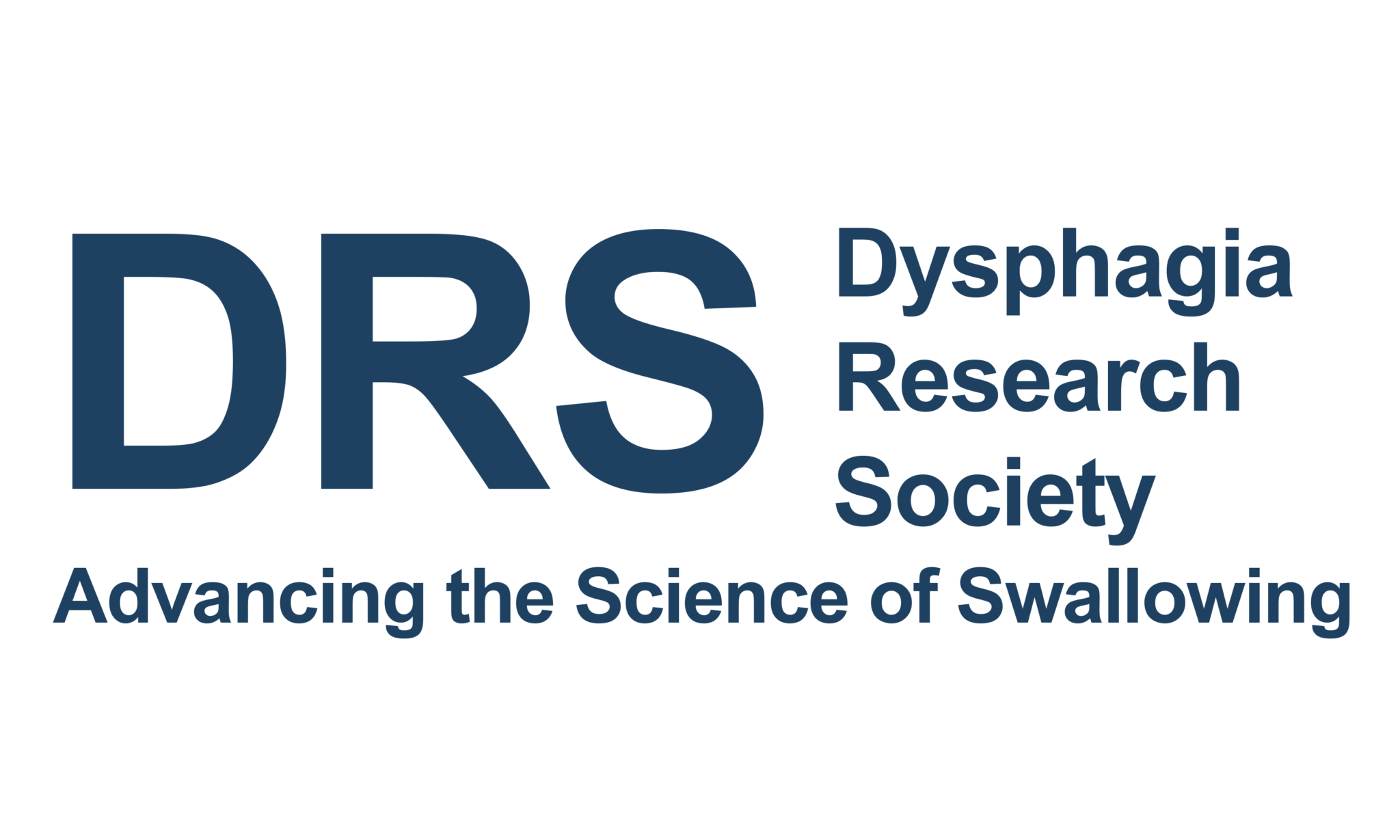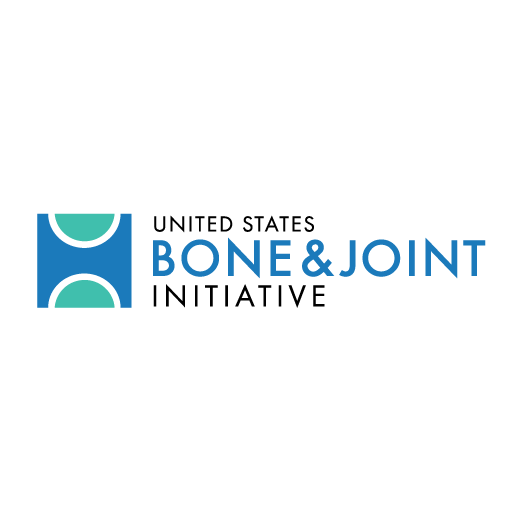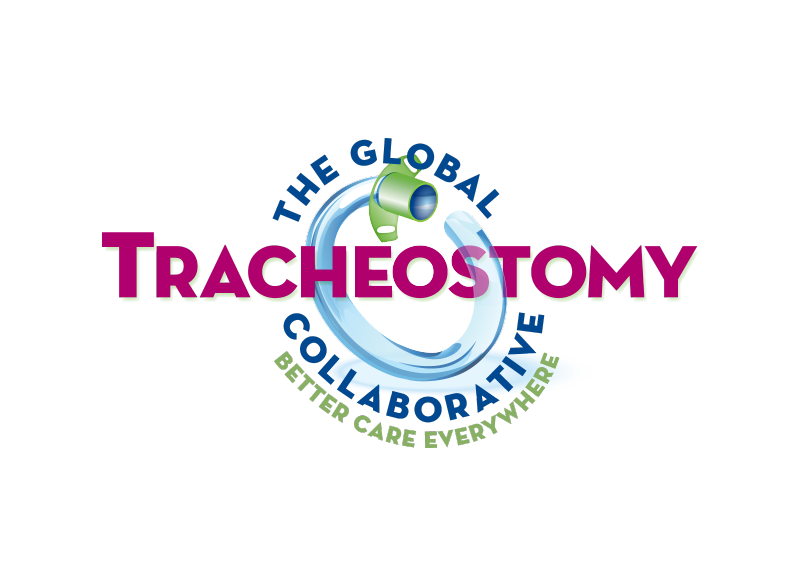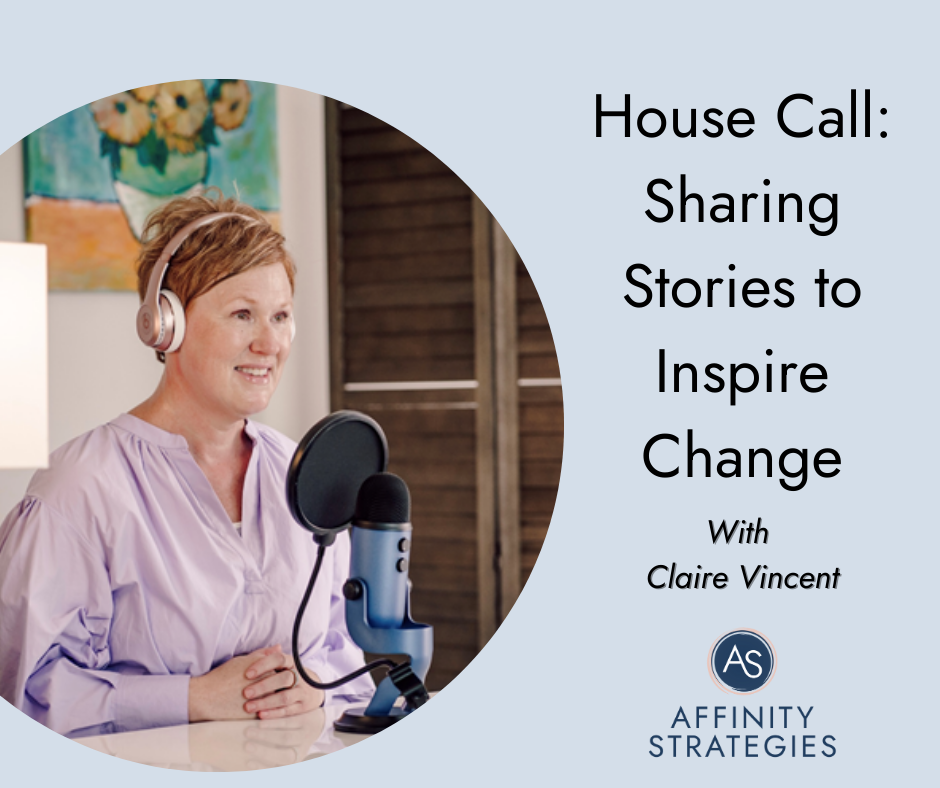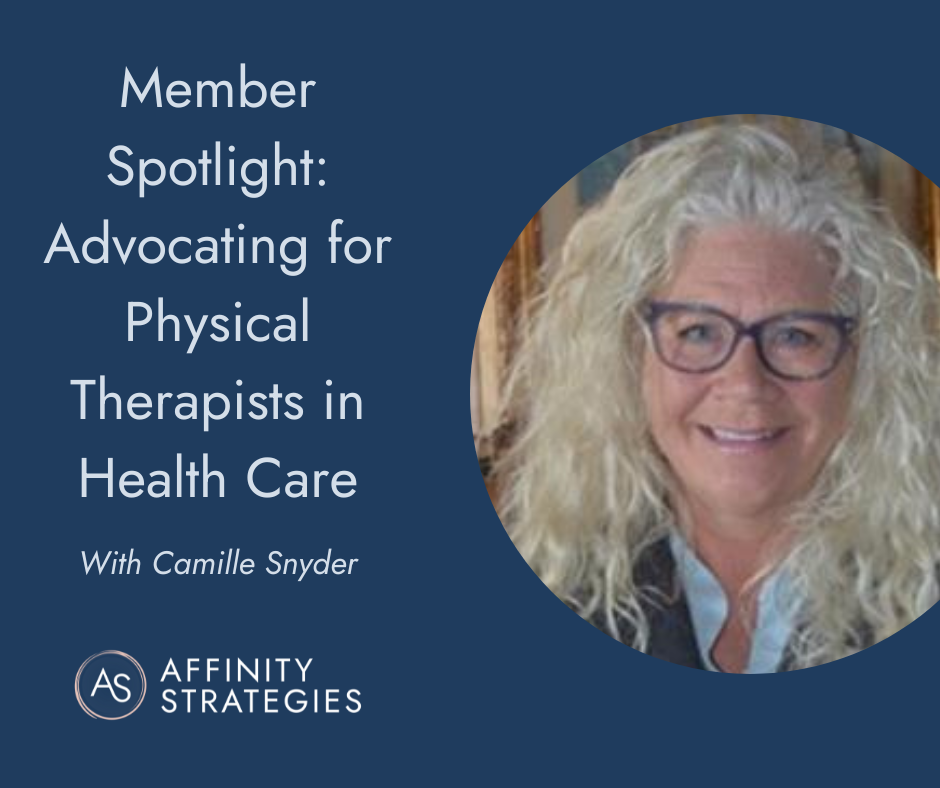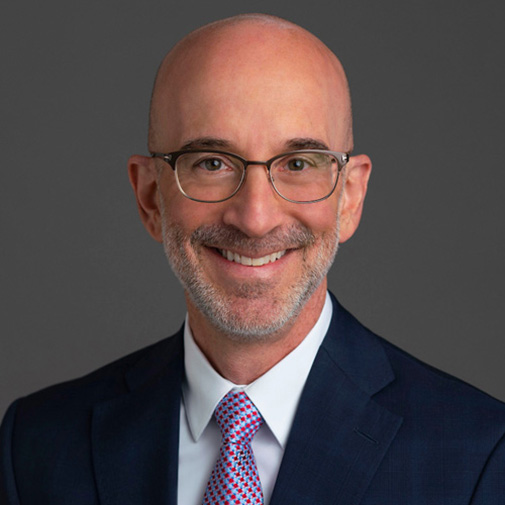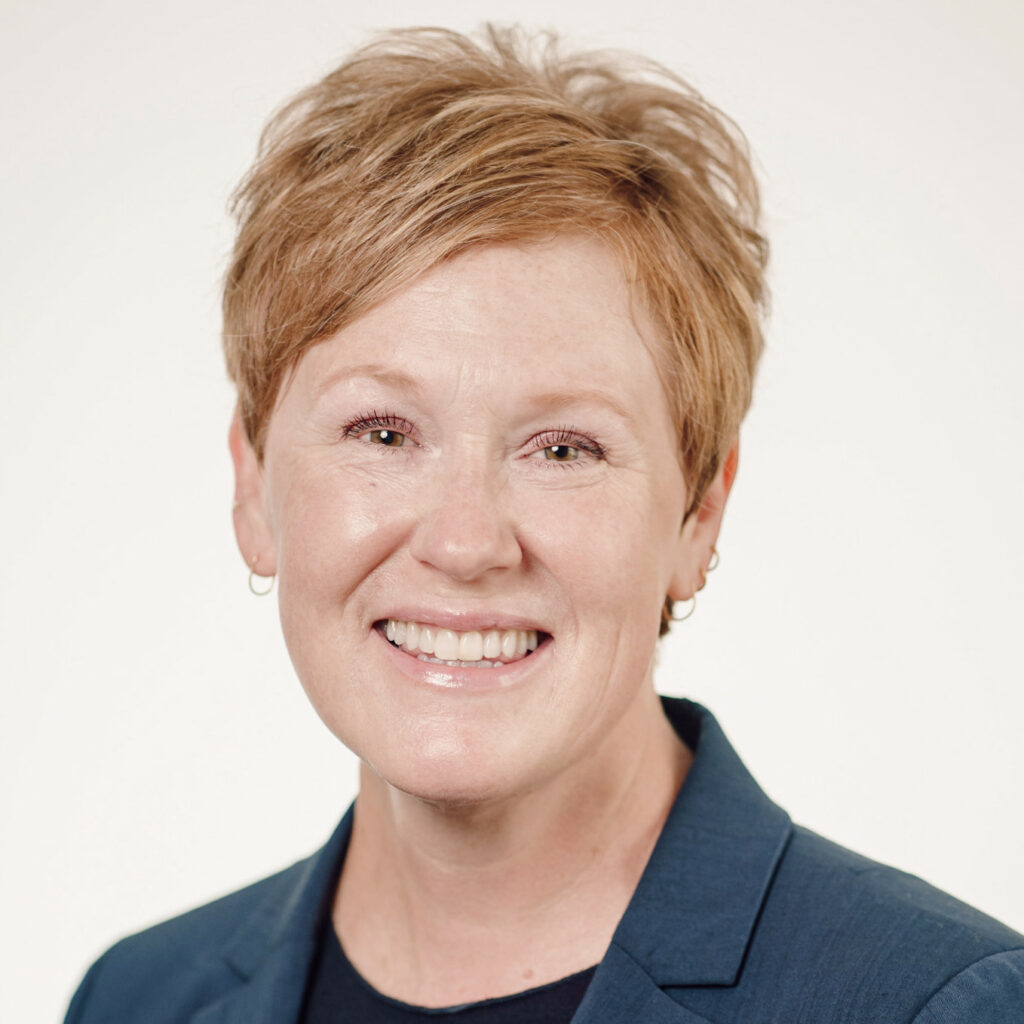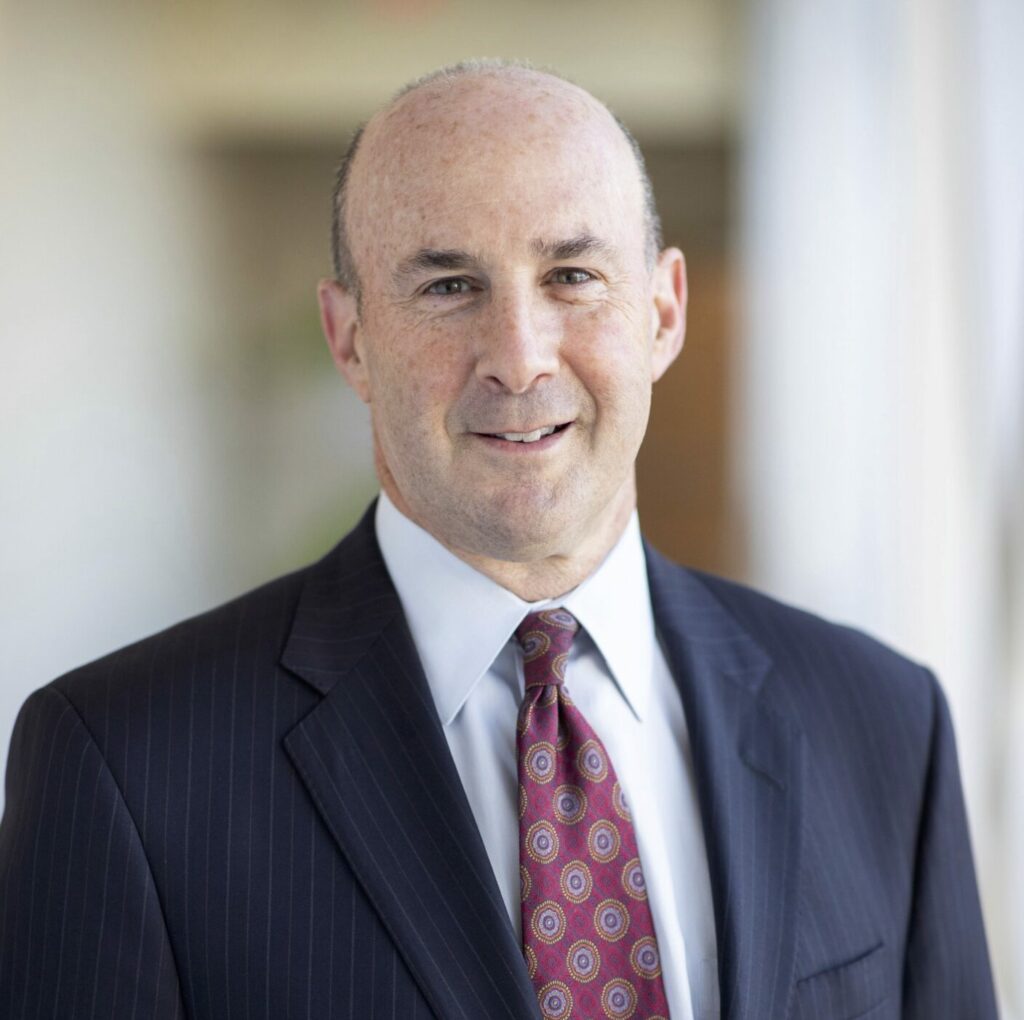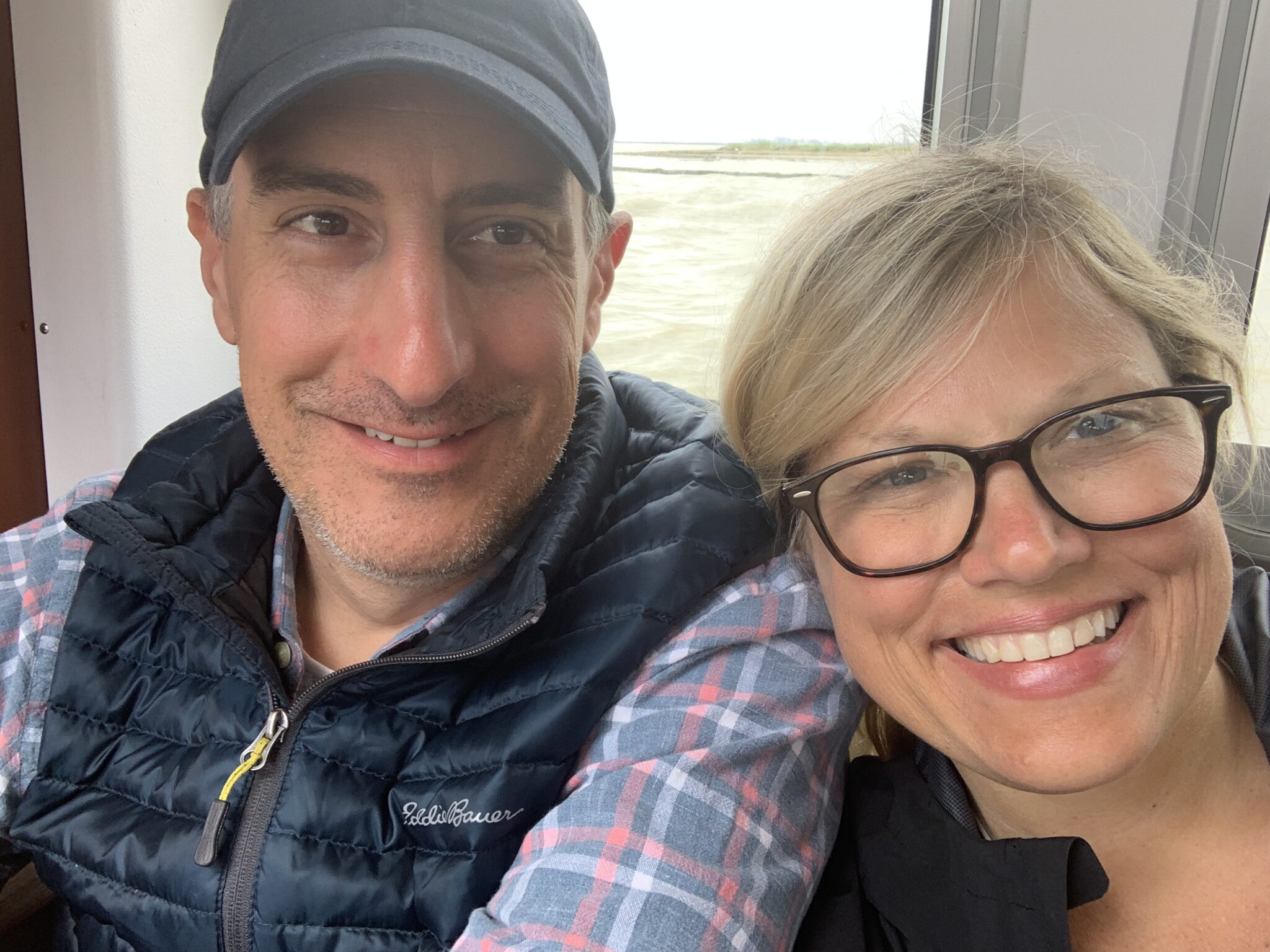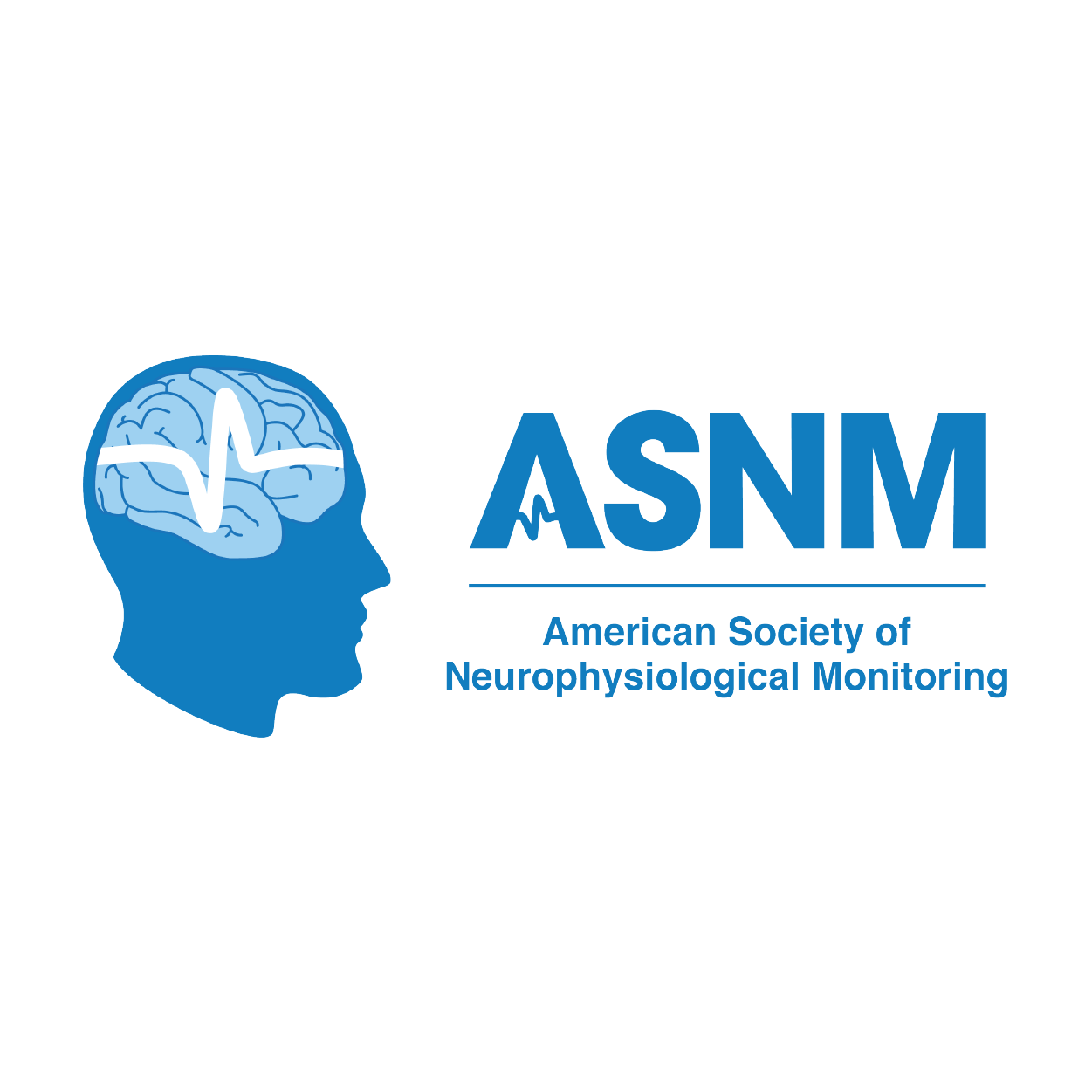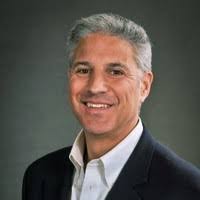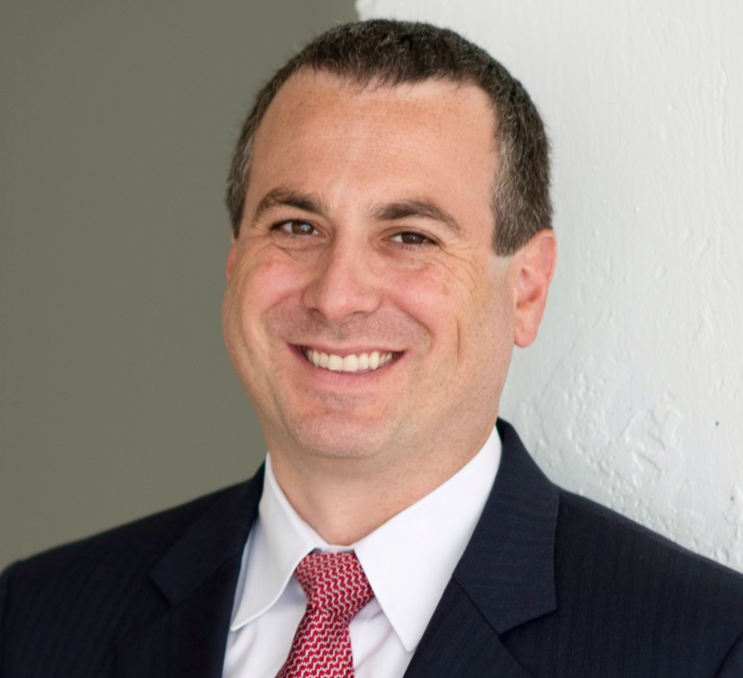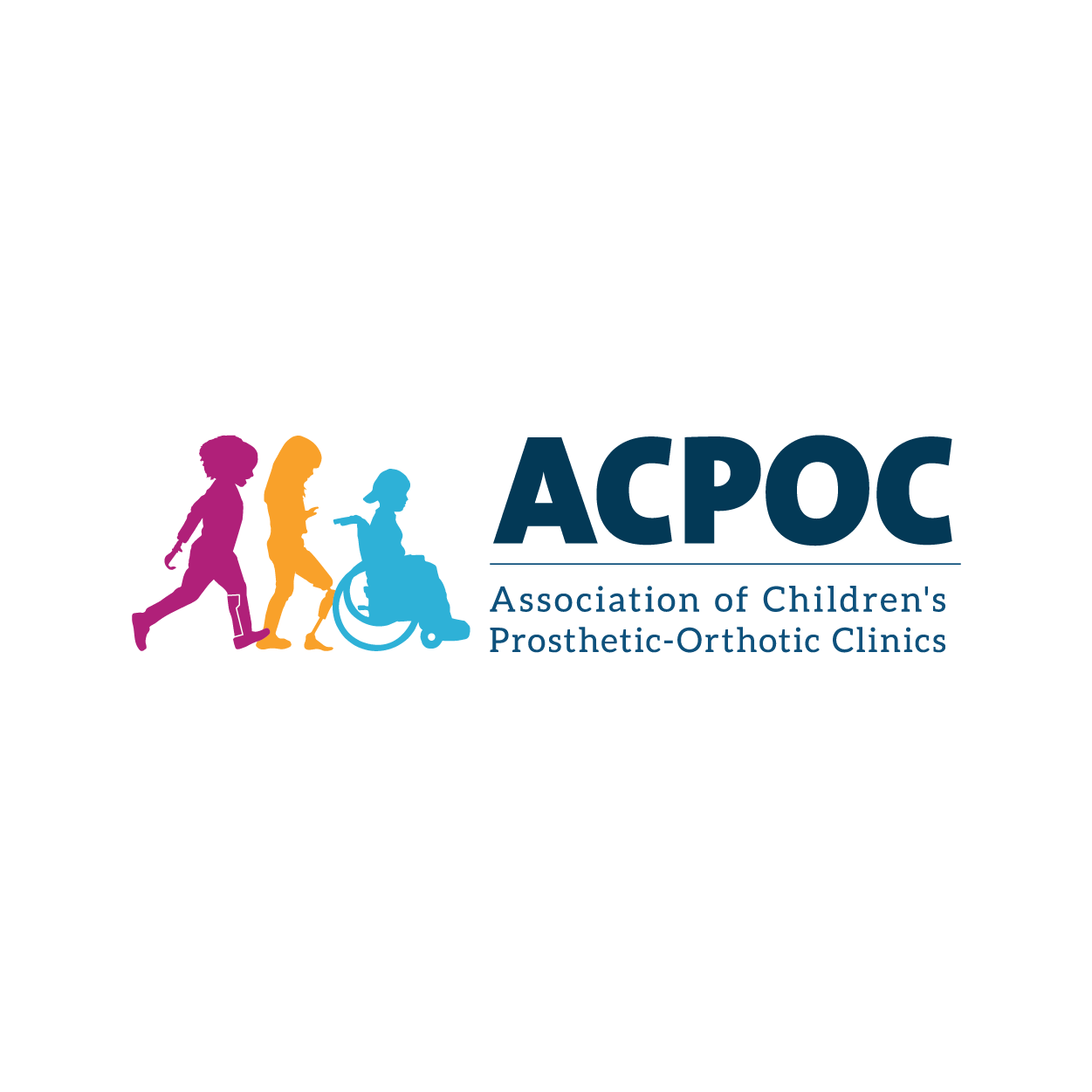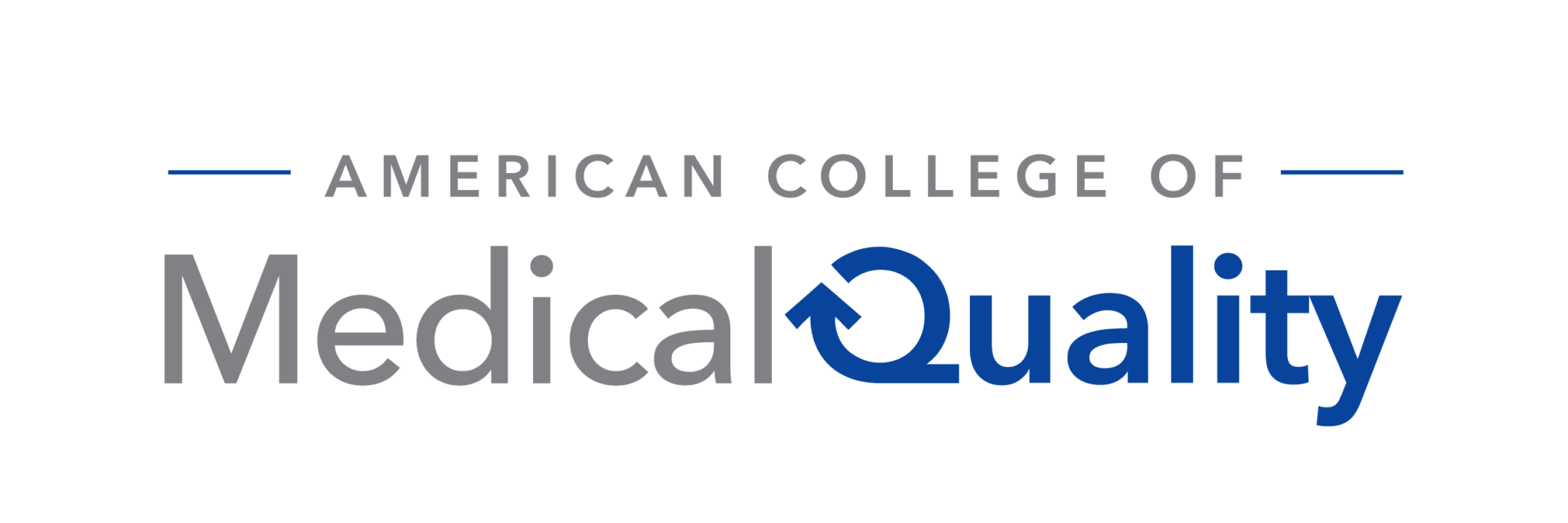

The first big challenge for new House Speaker Mike Johnson: Another looming government shutdown
Newly elected Speaker of the U.S. House, Mike Johnson (R-LA), has little time to rest as he begins his new role. Johnson will need to corral the House GOP caucus (a monumental task), the entire U.S. House (since Republicans hold a slim majority and some Democratic votes may be needed on any spending bill) and negotiate with Senate leaders and the White House to avoid a government shutdown. November 17 is the deadline for Congress to approve spending bills or pass a stopgap measure that will temporarily fund the government. Many sources believe efforts to approve a temporary funding measure through January or April will be front and center over the next several days. Health care advocates continue to assess what a Johnson speakership will mean for health care priorities. Before assuming the role as Speaker, Johnson was not engaged on most high-profile health policy issues, with the exception of his staunch opposition to abortion, a cause to which he has been dedicated for much of his legal and political career. Health care lobbyists believe he will likely rely on Republican House committee chairs, such as House Energy & Commerce Committee Chair Cathy McMorris Rodgers (R-WA) for guidance on health policy priorities. Last week, the Speaker met with the Senate GOP conference to discuss a temporary spending bill that runs through January 15, and he is expected to bring spending policy pathways to the House GOP caucus on Tuesday for debate and consideration.
60+ consumer groups, patient organizations, unions and churches demand Senate pass pharmaceutical patent reforms
As the U.S. Department of Health & Human Services (HHS) and Centers for Medicare & Medicaid Services (CMS) continue preparations for Medicare drug price negotiation (with first of four patient listening sessions for drugs selected for first Medicare price negotiations held at the beginning of November), some drug pricing critics and other organizations are demanding that the Democratic-controlled U.S. Senate address what they see as abuse of drug patents. The 60+ organizations reference a package of patent reform bills, many of which have been proposed in previous sessions of Congress which they believe would further lower the cost of prescription drugs. While the letter is billed as coming from “patient organizations”, its signers include very few notable patient advocacy organizations, with the National Multiple Sclerosis Society being the largest patient organization on the list. AARP and Patients for Affordable Drugs spearheaded the letter, which was also signed by many left-leaning consumer organizations, labor unions and some churches.
Rare disease advocates and families sound the alarm on state Prescription Drug Affordability Boards
Nine states have established Prescription Drug Affordability Boards (PDABs) and four of those nine allow the Boards to cap the price of certain medicines. In 2023, 12 states considered PDAB legislation, with Minnesota passing an especially aggressive new law. Proponents say PDABs are a new weapon the government can use against high drug costs. Opponents argue that letting a state-appointed panel pick and choose which drugs are valuable and which drugs aren’t, isn’t pro-patient and will lead to decreased access and fewer new therapies. As Colorado becomes the first state to announce which drugs they will scrutinize, families impacted by cystic fibrosis are sounding the alarm about access and the policy’s potential impact on innovative drug development. Several news outlets, including this clip from National Public Radio’s KUNC, have focused on cystic fibrosis drug Trikafta®, one of the medications for which the state could set an upper payment limit. While state officials blame the patient uproar on “fear mongering” from pharmaceutical companies, many patients believe prescription drugs that have transformed their lives should be off limits. “People are scared,” one patient said. “If you look at all the drugs out there, it’s one that has been so transformational that I think it will go down in history for how positively it’s impacted our population as a whole.” According to the Cystic Fibrosis Foundation, lung exacerbations dropped 65% and lung transplants dropped 80% after the drug’s approval. More patients have been able to work, attend school, or start a family. Clinicians have also reported a baby boom among patients who take Trikafta®. While some, including the Rare Disease Company Coalition, have encouraged state lawmakers to exclude rare disease drugs from the therapies PDABs can examine, no such state has approved such an exemption.
Health Policy Snippets
- California U.S. Senator Laphonza Butler (D) announced she won’t seek election in 2024. Butler was appointed by Governor Gavin Newsom (D) to fill the seat vacated after the death of longtime Sen. Dianne Feinstein. The Democratic primary, which will likely determine the next U.S. Senator from the Golden State, will feature three current U.S. House members (Katie Porter, Adam Schiff and Barbara Lee).
- More than 10 million people have been disenrolled from Medicaid since the end of the federal COVID Public Health Emergency (PHE), based on data available from 50 states and the District of Columbia as of November 1, 2023. Disenrollment rates range from 65% in Texas to 10% in Illinois. Kaiser Family Foundation updated its state-by-state tracker on November 1.
- 2023 is expected to be a pivotal year for gene therapies, as the FDA considers approvals for several new therapies. In late October, a committee of independent FDA advisers Tuesday praised a new treatment, which uses the gene-editing technique called CRISPR to treat sickle cell disease, a devastating blood disorder. The assessment of outside advisers typically marks the final step before the agency renders a decision. The FDA has a December 8 deadline to act on the therapy, known as “exa-cel.” With these transformative, high value therapies, initial cost will be an issue for health care payers, especially state Medicaid programs.





